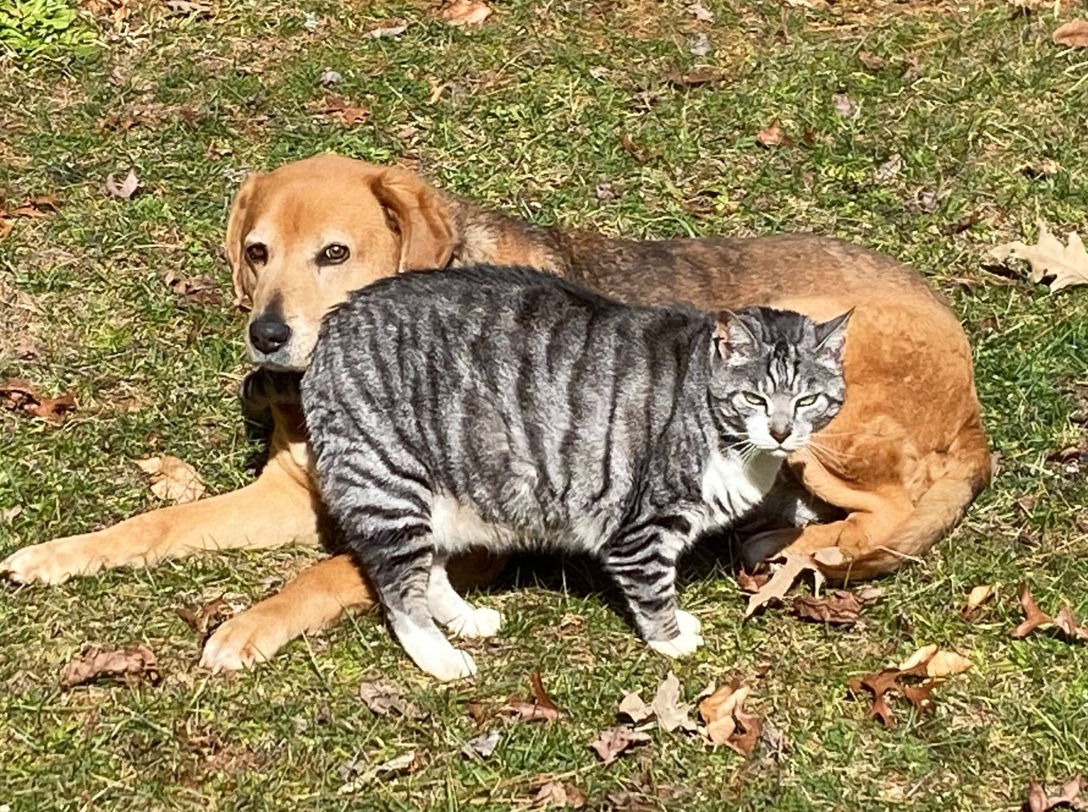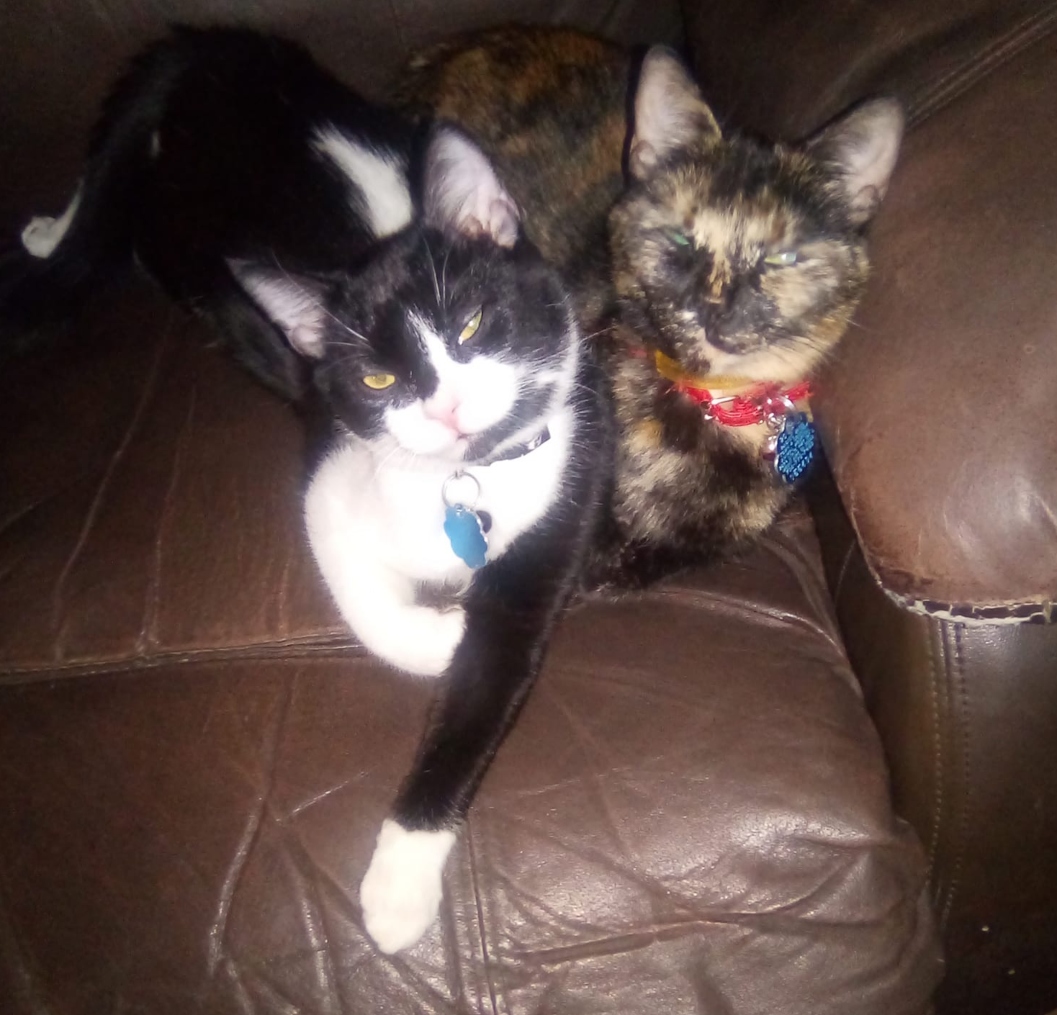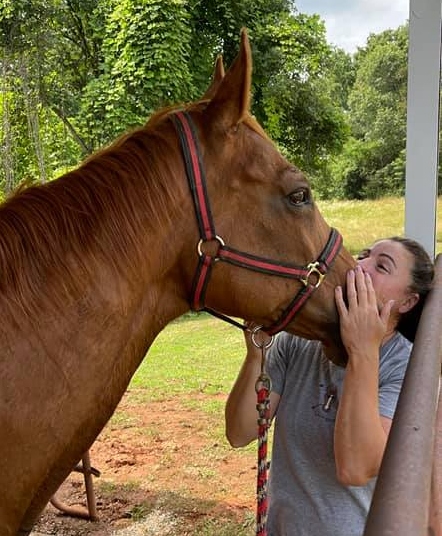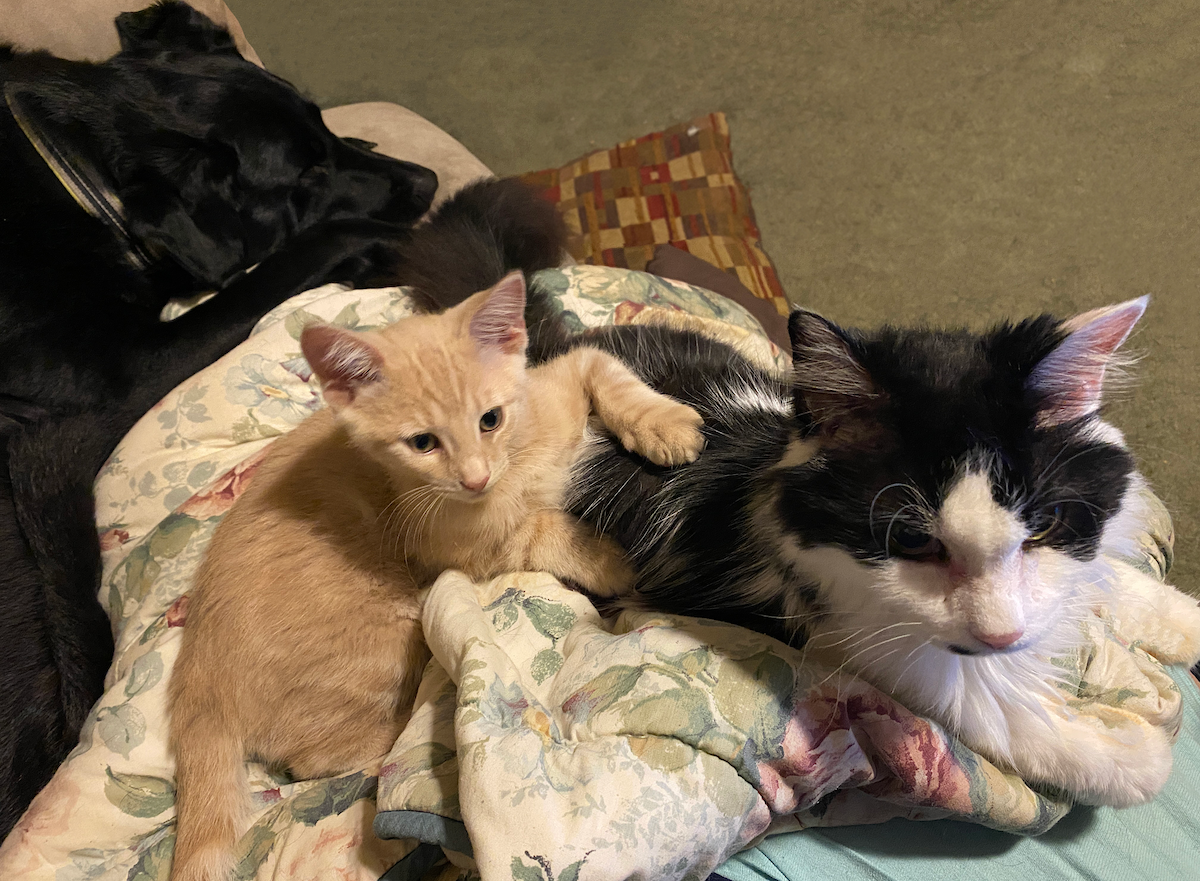
Raise your hand if you have a pet and love them like family? Apparently, there are many of us. Sixty-seven percent of U.S. households, or about 85 million families, own a pet. Some are referred to as man’s best friend, some are feathery, some swim in a tank, some are creepy crawlies or slither, some purr with an attitude, and a few reside in their own housing or barn. The fact is any and all of them are family for us two-legged owners.
According to studies by the Urban Institute, most people are more likely to have a pet in their home than a child. Homeowners and married couples are more likely to own pets than others, but there are far more households with pets than there are with children under 18.
The same study shows the pet breakdown of households. It’s probably no surprise. More than 63% of us have a dog, 43% a cat, with freshwater and saltwater fish rounding out the top three.
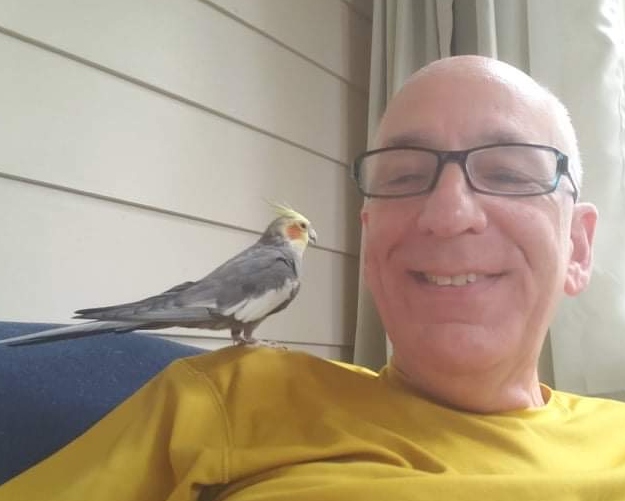
I grew up on a horse farm, some of our show horses were like pets to me and my sisters. We always had cats in the barn. They were great for keeping down the mouse population. We always had dogs. They did a wonderful job at guarding the barn filled with saddles, bridles, and other equipment that didn’t come cheap.
Over the years, we’ve cared for a rabbit, a guinea pig, cats, fish, and dogs. Many pets were requests (begging) from our son. When we moved from Tennessee to Georgia, we brought a turtle named Herman with us. Sadly, Herman escaped his lush tank of rocks to climb and small pool of water we made. Did you even know turtles could run away?
The bottom line is no matter whether your pet is big or small, whether they climb the curtains in your home or bark at their own shadow, whether they land on your head or in your bed or swim around in circles for your viewing pleasure, pets are family. We get attached to them.
We love our “babies”
A new study published in the Journal of Science reveals one reason why we feel so close to our furry companions: When humans and pets look into each other’s eyes, both get a boost of the feel-good hormone oxytocin, which is the same hormone behind the special bond between new parents and their babies.
Obviously, many of you feel the love, so, we are sharing some ‘pawsitively’ precious pictures from our readers.
We love our “babies” so much we spend quite a bit of money on them for vet visits, training, costumes, pet beds, toys, cages, vitamins, pet insurance, special dietary needs, fish tanks, scratching posts, and more. They even play a role in our home buying choices.
- The value of the pet industry in the USA reached approximately $99 billion last year.
- Dogs are the biggest influence driving first home purchases among millennials.
- More than half of millennial pet owners buy their pets gifts at least once a month.
- In the past 10 years, American pet spending has more than doubled.
- 45% of American pet owners spend the same amount of money or more on their pets’ healthcare as they do their own.
In 2010, the total money spent on pets was roughly $45.53 billion. Within the next decade, this spending has mushroomed to $95.7 billion annually.
So yeah, we love them unconditionally just as they love us. How many times have you arrived home to find your spouse wagging their tail in excitement?
Who rescued who?
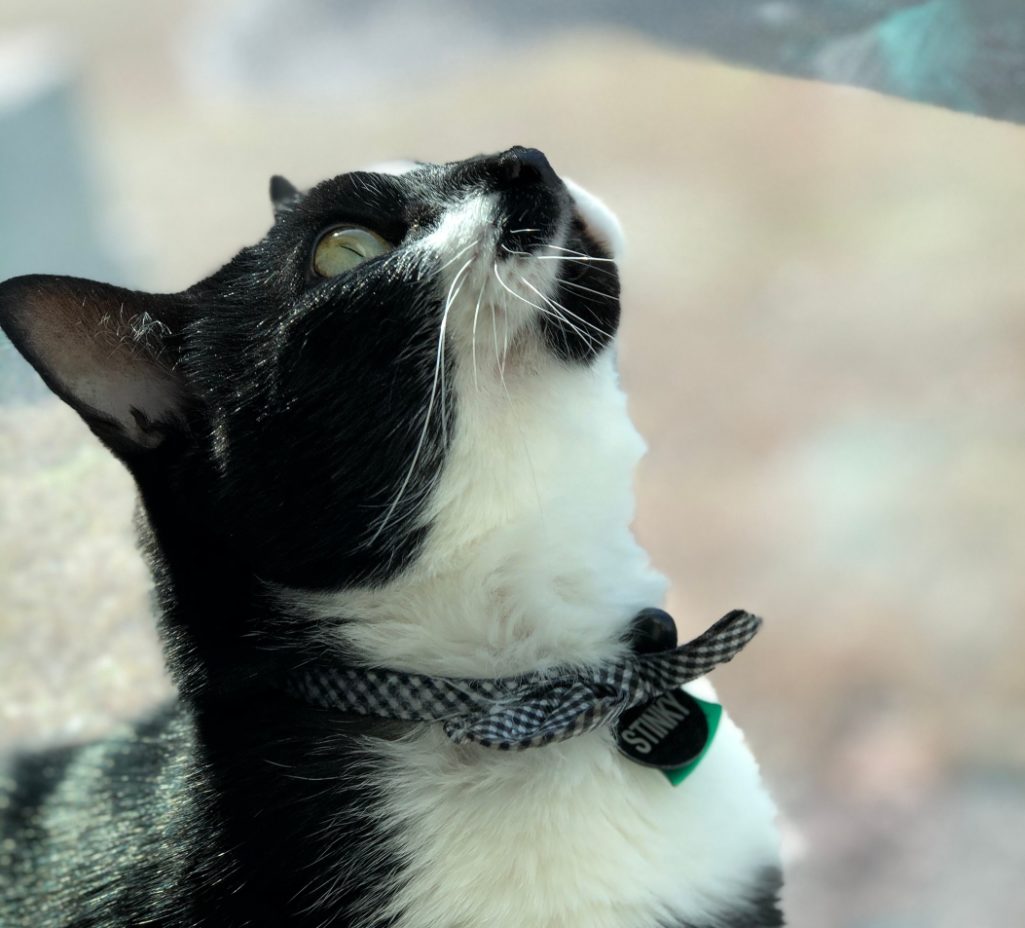
Adopting a pet of any kind will change your life in unexpected ways, just like having kids or finding a new best friend would. Technically, you are finding a new best friend. Your bond with your pet could end up being one of the most important relationships of your lifetime.
Many of our own Now Habersham team members are ‘pawrents’. Coming soon, reporter Hadley Cottingham will be debuting a weekly series about pets with a special focus on rescues available from Habersham County Shelter.
And why are rescues important? Let us count the ways.
1. Because you’ll save a life.
Each year, it’s estimated that more than one million adoptable dogs and cats are euthanized, simply because too many pets come into shelters and too few people consider adoption when looking for a pet. When you adopt, you save a loving animal by making them part of your family and open up shelter space for another animal who might desperately need it.
2. Because you’ll get a great pet.
Animal shelters and rescue groups are brimming with happy, healthy pets just waiting for someone to take them home. Most shelter pets wound up there because of a human problem like a move or a divorce, not because the animals did anything wrong. Many are already house-trained and used to living with families.
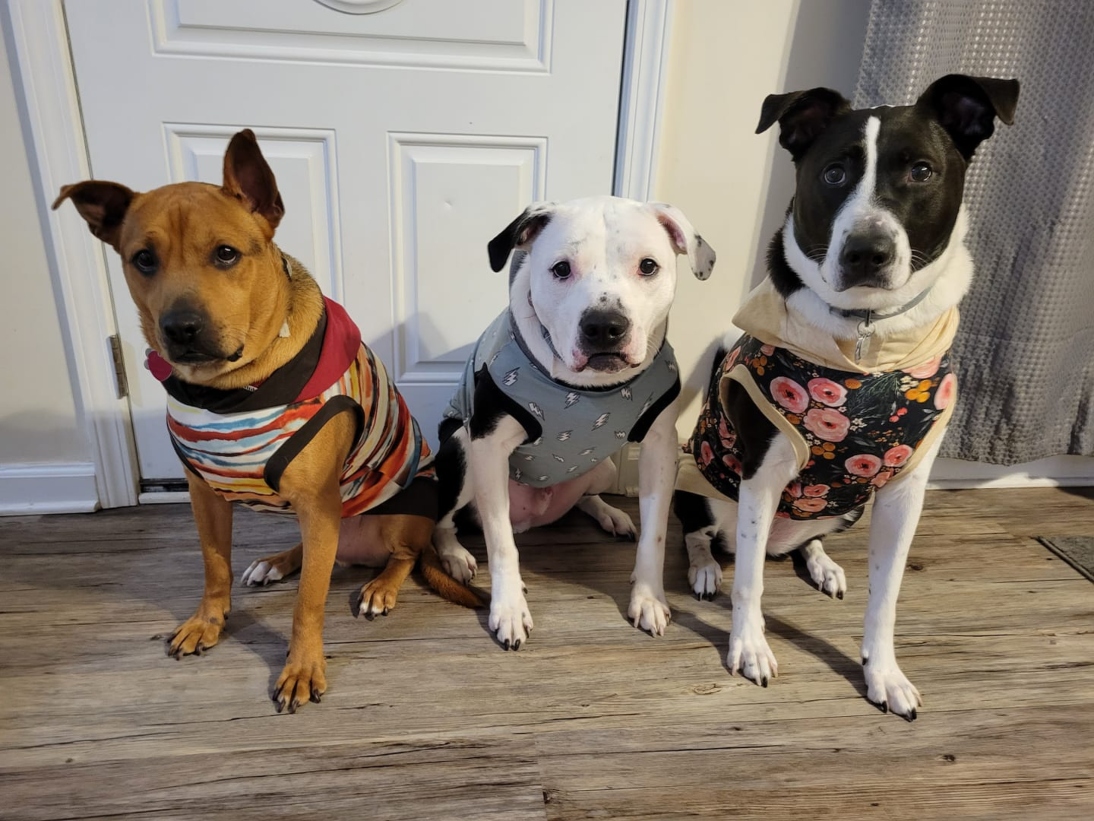
3. Because it’ll cost you less.
Usually, when you adopt a pet, the cost of spay/neuter, first vaccinations (and sometimes even microchipping!) is included in the adoption price, which can save you some of the upfront costs of adding a new member to your family. Depending on the animal, you may also save on housebreaking and training expenses.
4. Because it’s one way to fight puppy mills.
If you buy a dog from a pet store, online seller or flea market, you might be getting a dog from a puppy mill, a factory-style breeding facility that puts profit above the welfare of dogs. Animals from puppy mills are housed in shockingly poor conditions with improper medical care, and are often very sick and behaviorally troubled as a result. The moms of these puppies are kept in cages to be bred over and over for years, without human companionship and with little hope of ever joining a family. And after they’re no longer profitable, breeding dogs are simply discarded—either killed, abandoned or sold at auction. By adopting a pet, you can be certain you aren’t giving them a dime.
5. Because your home will thank you.
Many of the pets from shelters and rescues are already house-trained, which means you’re not only saving a pet’s life, you may be saving your rug. Adopting a mature pet not only gives older animals a second chance, it often means introducing them to your family will be much easier.
6. Because all pets are good for your health, but adoptees offer an extra boost.
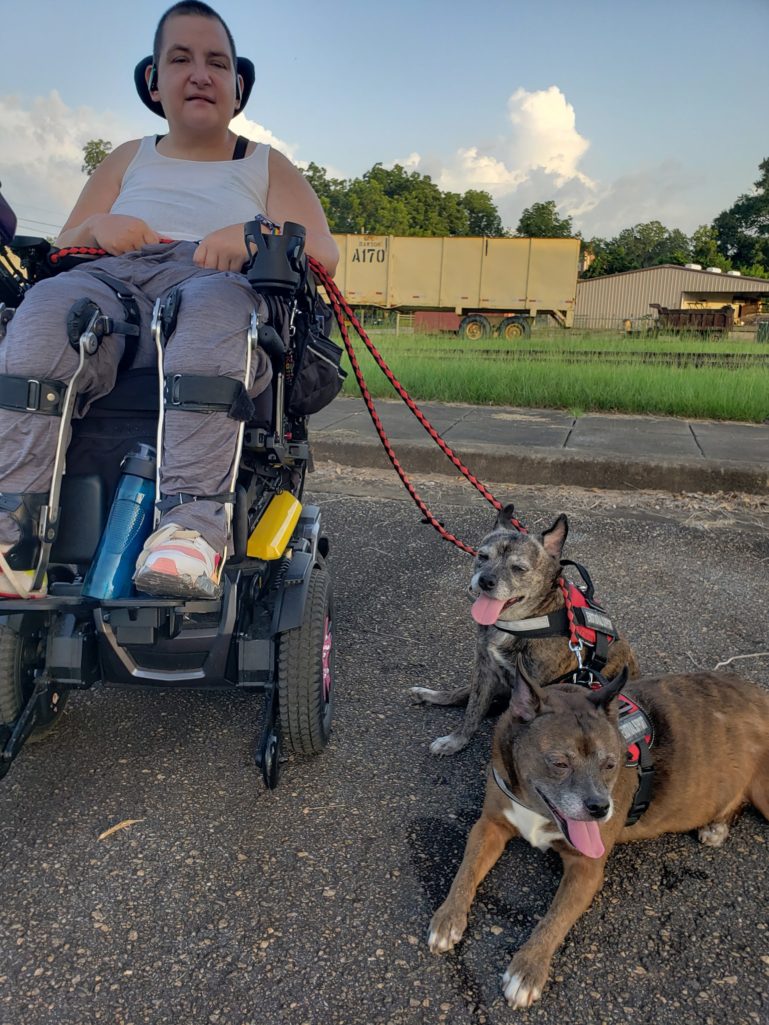
Not only do animals give you unconditional love, but they have been shown to be psychologically, emotionally and physically beneficial to their companions. Caring for a pet can provide a sense of purpose and fulfillment and lessen feelings of loneliness. And when you adopt, you can also feel proud about helping an animal in need!
7. Because adoption helps more than just one animal.
Overburdened shelters take in millions of stray, abused, and lost animals every year. By adopting an animal, you’re making room for others. Not only are you giving more animals a second chance, but the cost of your adoption goes directly towards helping those shelters better care for the animals they take in!
8. Because you’ll change a homeless animal’s whole world.
And get a new best friend out of the deal. Seriously, what could be better than that?
And there are lots of options you might consider for where and when to find your perfect pet. For more information contact Habersham Country Animal Care and Control or Habersham County Humane Society
Additionally, pets can be trained as service animals for the blind and for those suffering with PTSD and other mental illnesses. They are also trained to support law enforcement and the military.
Loss and grief like no other
“When we lose a loved one, human or animal, the attachment is physically severed while the heart and mind are still engaged in love. That is what grief is. The loss of something or someone of importance that can never be replaced. We can love other pets in the future just as we can love other people. However, the one we lost is forever gone.” – Dr. Steven T. Davidson, Licensed counselor and therapist
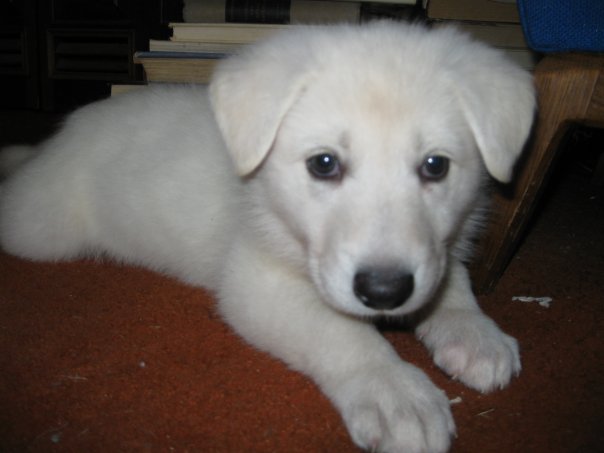
We lost our shepherd Bella about two months ago. It’s been hard. My husband and I cried for days after she left us. We think of her every single day. I took the opportunity to write a tribute to her because it helped with the grieving process.
My mother died in my arms. My son almost died at five years old from bacterial meningitis. My youngest sister died of breast cancer. I lost my dad a few years ago. My husband lost his sister recently.
Just like all of you, dealing with death or family medical trauma is never easy. Neither is losing a pet. In our world, a pet is family.
Bella was a baby when she became a member of our family more than 12 years ago. A white ball of German Shepherd fur our son, Robert, selected from a litter of eight.
She grew up to be a beautiful, smart, loyal member of our family. She was Bella, Sweet Pea, and the “Baby.”
My husband and I grew up with pets but Bella was really our first for the family.
Even when our son, Robert, was away at Georgia State, he would come home for visits, and she was thrilled. He could whisper to her and she obeyed his commands. Us, not so much.
 A couple of months ago, Robert moved to Chicago. Right before he left, we discovered a hotspot and took her to the vet. Through routine bloodwork, they diagnosed that she also had a high liver enzyme count.
A couple of months ago, Robert moved to Chicago. Right before he left, we discovered a hotspot and took her to the vet. Through routine bloodwork, they diagnosed that she also had a high liver enzyme count.
While getting IV treatments, she developed kennel cough, which led to a respiratory infection. As is typical for older shepherds, she was also having issues with her hips.
It was too much for her, I guess, and she left us.
The pain and grieving are almost too much to bear. When she died, she was laying on the cool den floor as she often did, as if she were taking a nap.
Our hearts hurt so much but we will always remember her unconditional love for our family.
Robert said recently she was the perfect dog. That she was. We have plenty of happy memories, including her nose prints on our patio door which I’m in no rush to clean, and as a German Shedder, I know we will find white dog hair for weeks if not years to come.
Thank you Bella for your lifetime of precious memories and for being such a special part of our family. We will always love you, sweet girl!
For all of you who have ever lost a pet, a beloved family member, I know you understand.
“There is a cycle of love and death that shapes the lives of those who choose to travel in the company of animals. It is a cycle unlike any other. To those who have never lived through its turnings and walked its rocky path, our willingness to give our hearts with full knowledge that they will be broken seems incomprehensible. Only we know how small a price we pay for what we receive; our grief, no matter how powerful it may be, is an insufficient measure of the joy we have been given.” -Suzanne Clothier, dog trainer and author

